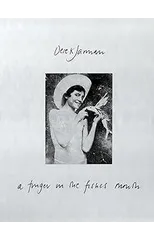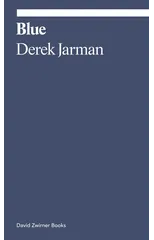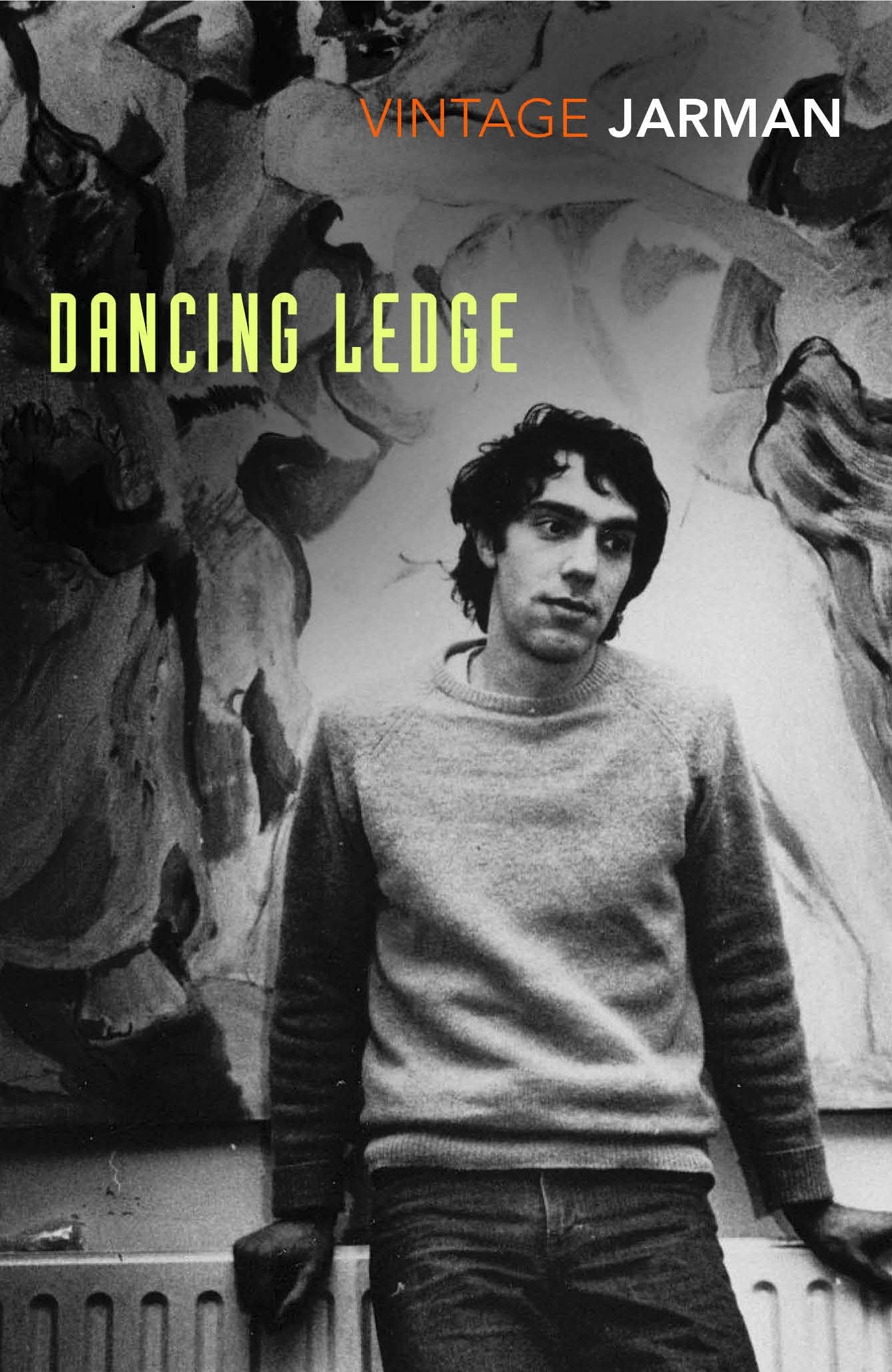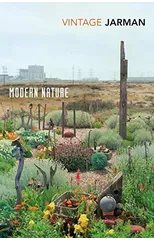Faith in the establishment collapsing everywhere. The far right on the march. Culture wars and random violence – all decked out in red, white and blue. But a spirit of anarchy hangs in the air, the desire to burn it all down and start over. Derek Jarman's iconic film captured punk at its giddy height: a riot of music, DIY fashion, and every kind of sex – with a little pyromania thrown in. Forty years on, this new stage adaptation of Jubilee remixes it for the social and political turmoil of 2017. The cast of the original production at the Royal Exchange Manchester was led by one of the film's original cast members, legendary punk warrior Toyah Willcox. Centred around a marauding girl gang on a killing spree and a time-travelling Queen Elizabeth I, it's a story of what happens when creativity and nihilism collide.
Derek Jarman
Derek Jarman (1942-1994) was an English filmmaker, artist, and writer known for his avant-garde and experimental works. He was a prominent figure in the British New Queer Cinema movement and his films often explored themes of homosexuality, politics, and personal identity.
Jarman's most notable works include the films "Sebastiane" (1976), "Caravaggio" (1986), and "Edward II" (1991), which challenged traditional narrative structures and pushed boundaries in terms of content and style.
In addition to his filmmaking, Jarman was also a prolific writer, penning several books on art, politics, and his own life experiences. His literary style was characterized by its poetic and introspective nature, often blending personal reflections with social commentary.
Jarman's contributions to literature and film have had a lasting impact on the LGBTQ+ community and the art world as a whole. His most famous work, "Blue" (1993), a film consisting solely of a blue screen with voiceover narration, is considered a groundbreaking and influential piece of experimental cinema. Jarman's fearless exploration of queer themes and his bold artistic vision continue to inspire artists and filmmakers to this day.






